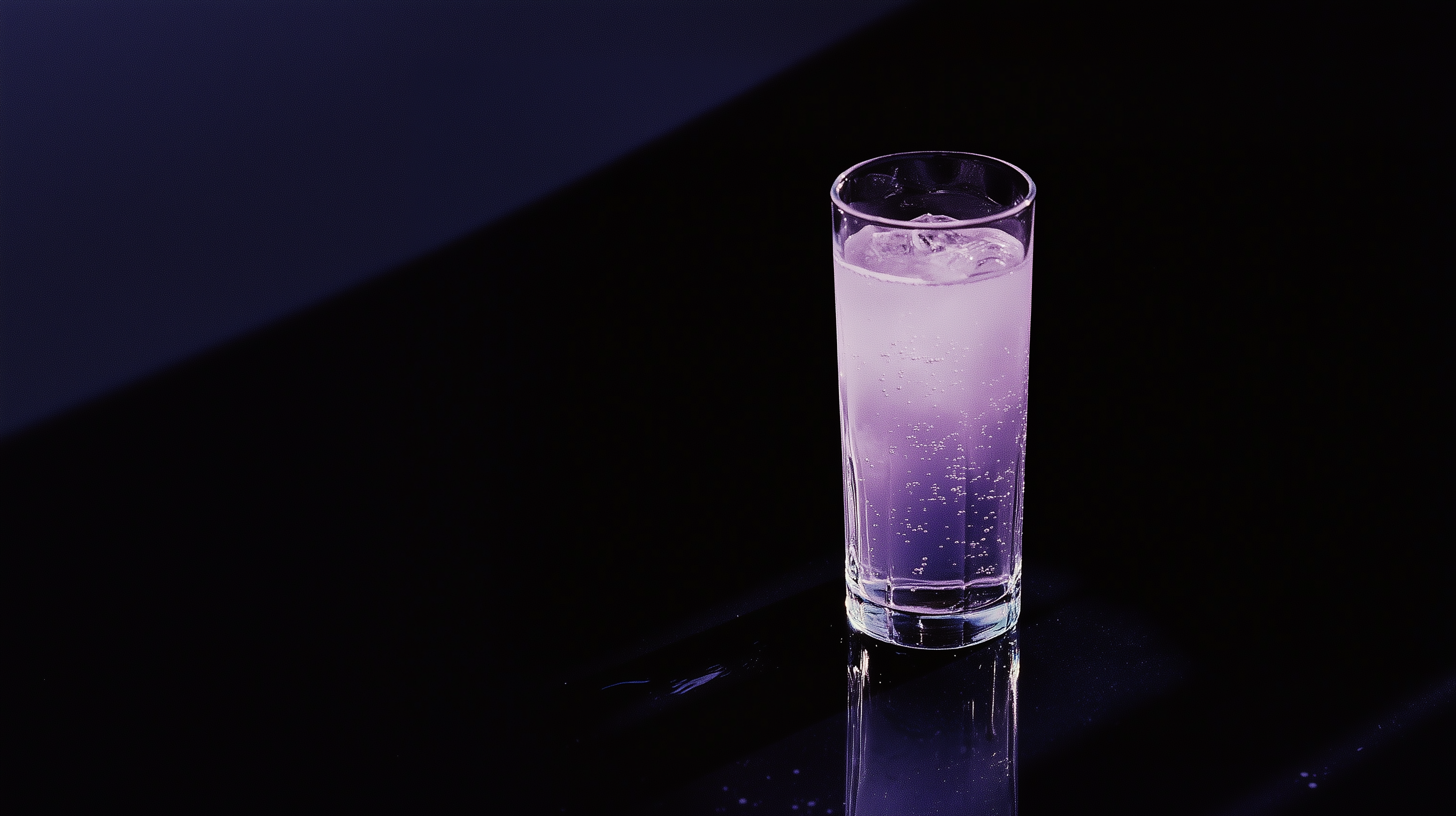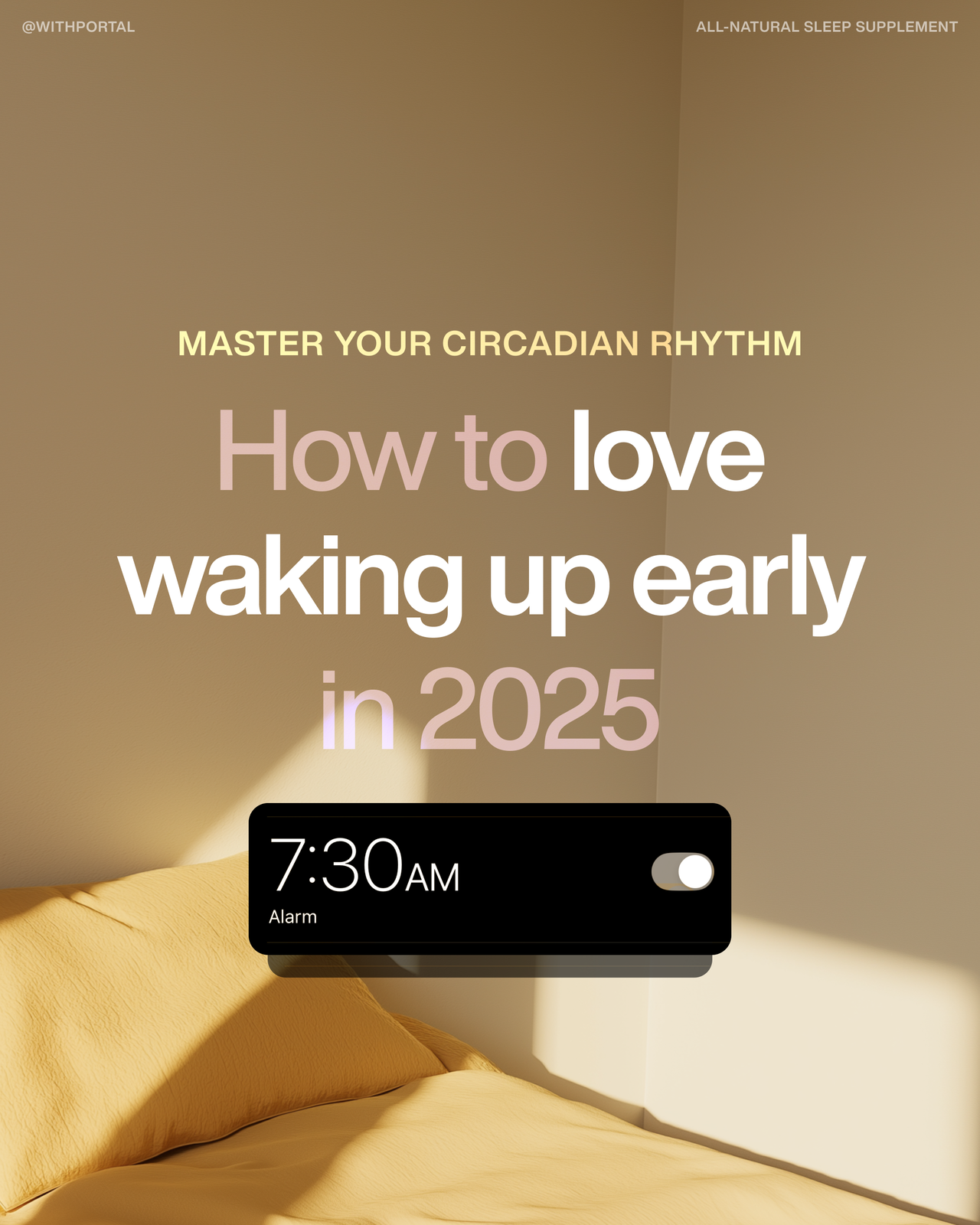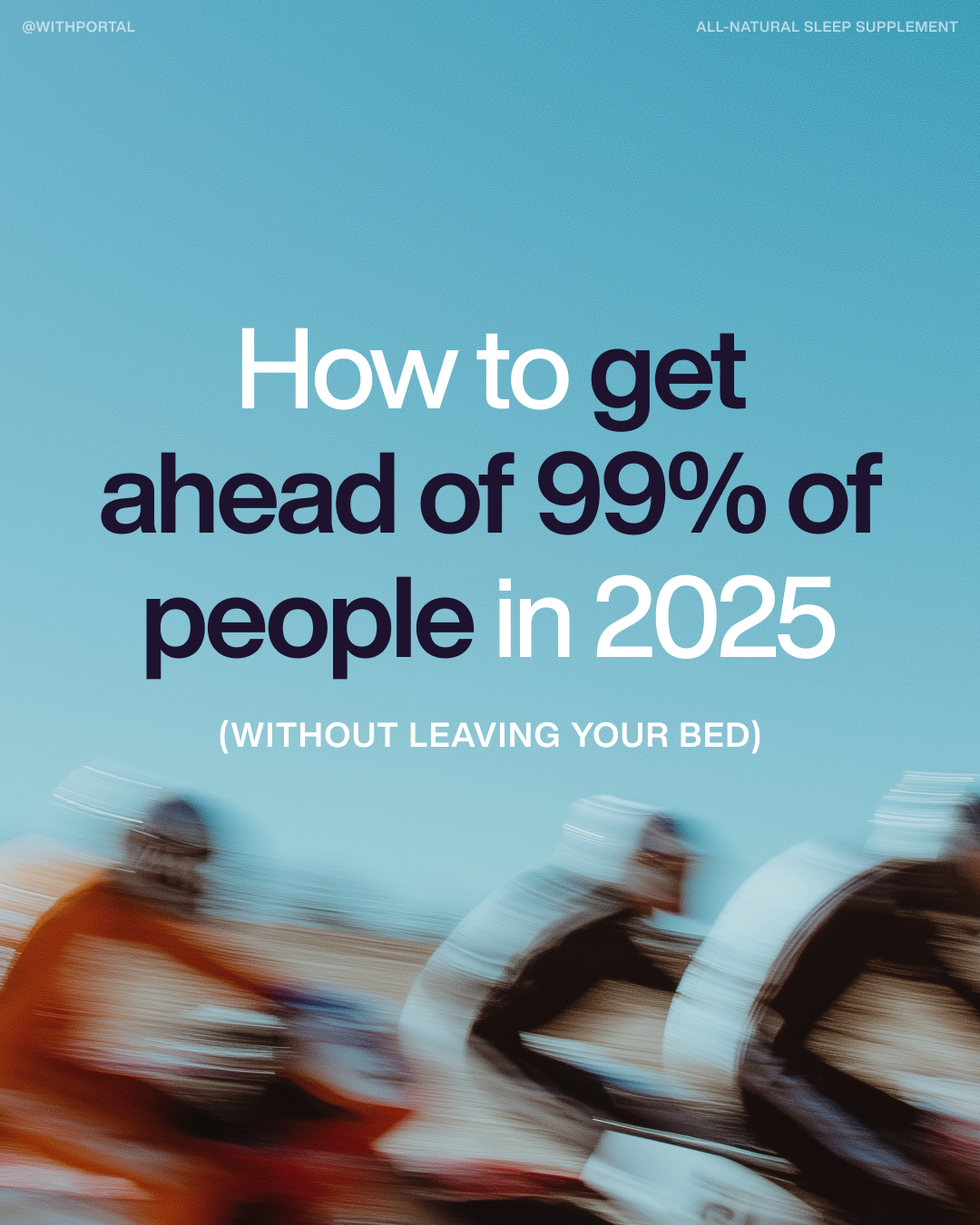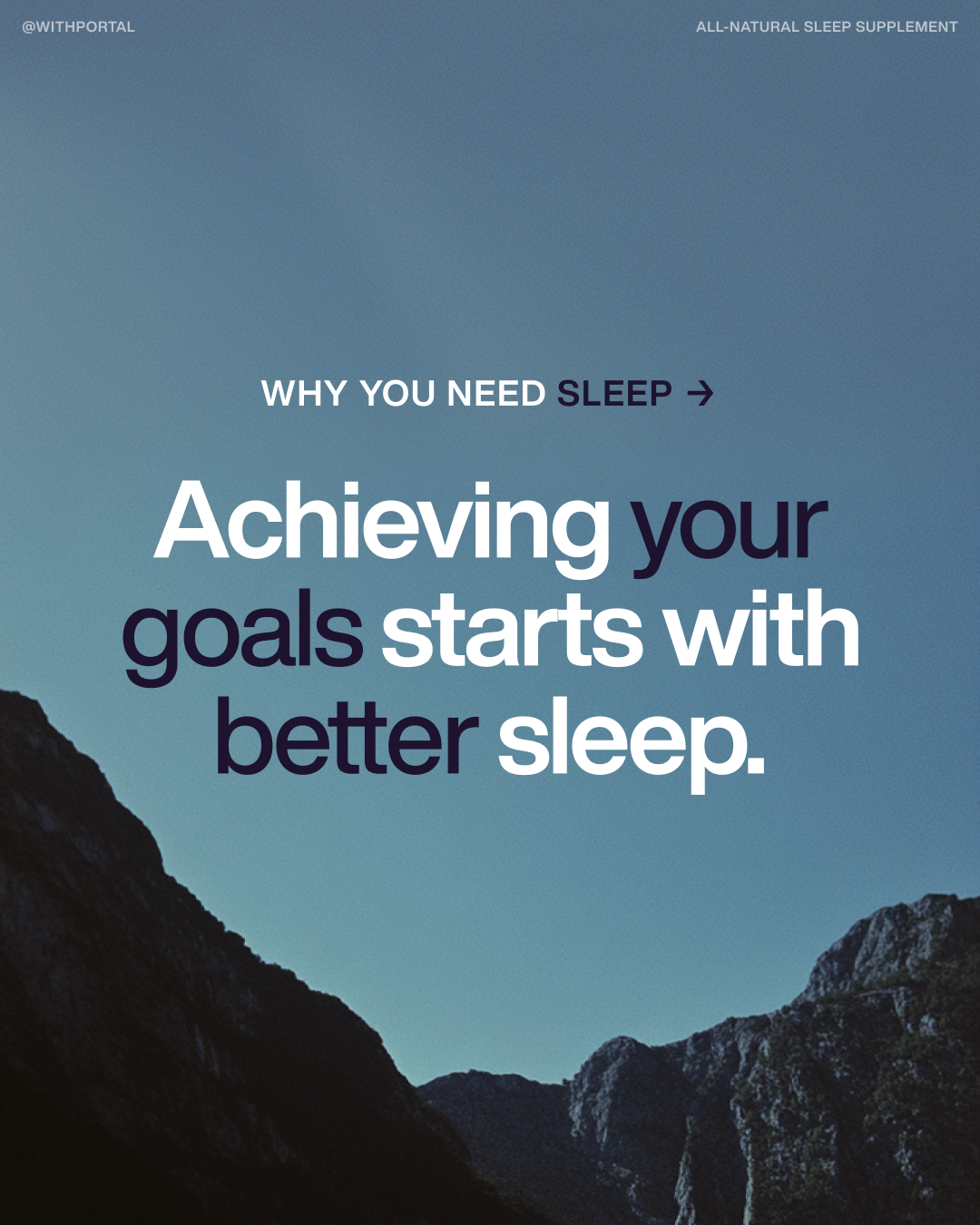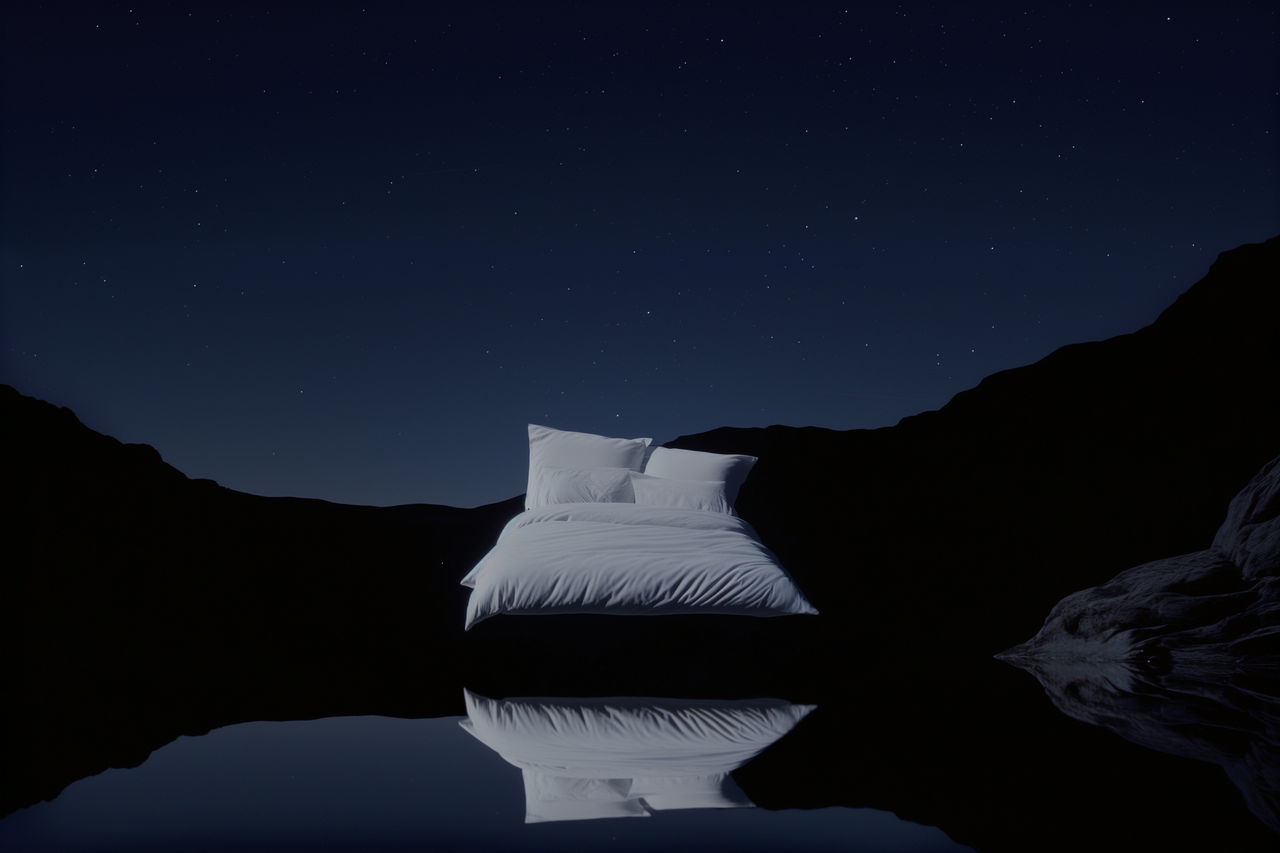

The ultimate sleep guide
The ultimate sleep guide
The Science & Secrets Behind our Time in Dream World
Optimize Your Sleep
You may think sleep is for the weak...
Science tells a different story
Sleep is not a luxury
—it’s a necessity.
It doesn’t just remove fatigue; it’s the only time when your body performs essential tasks like cellular repair, memory consolidation, and hormonal regulation.
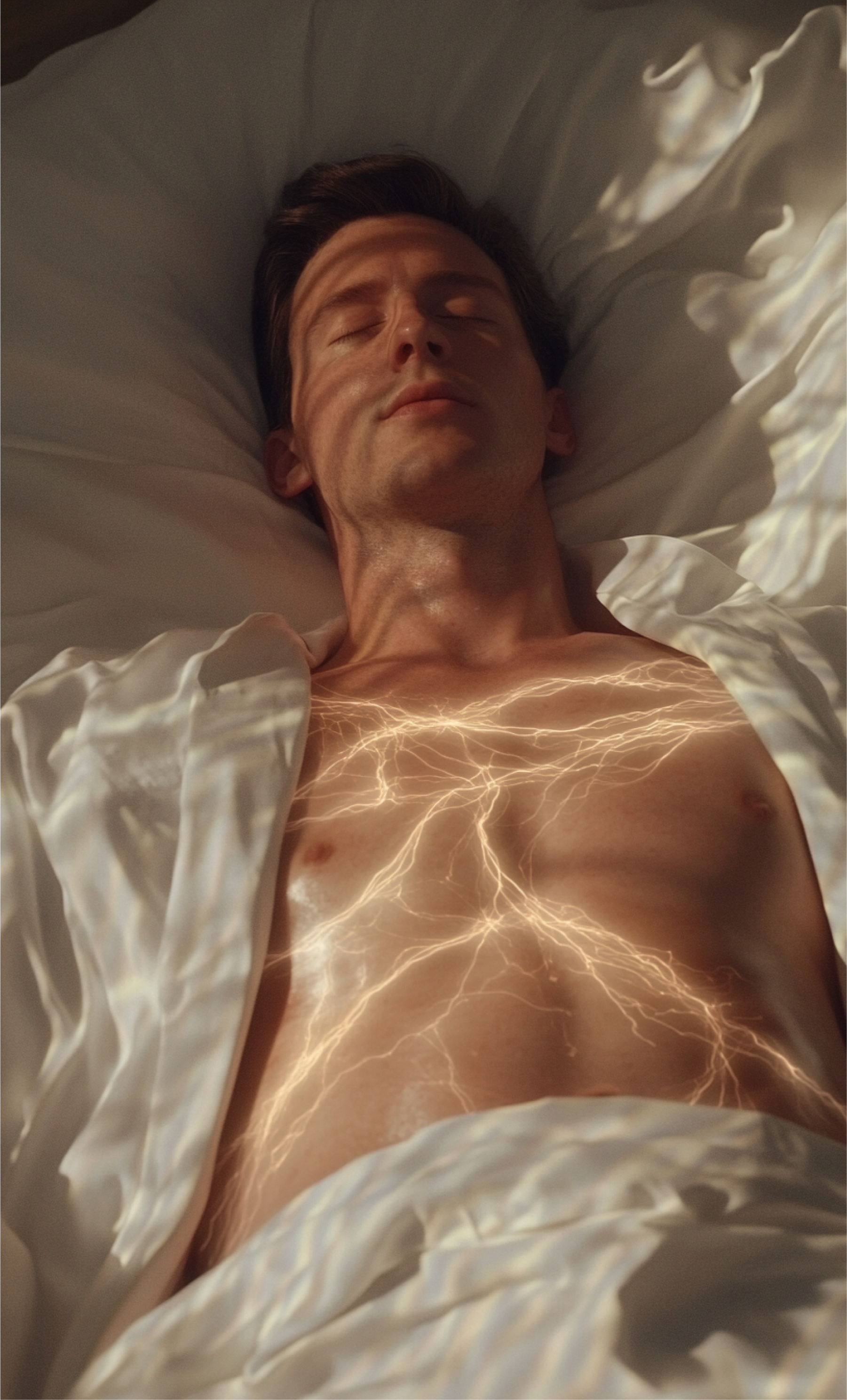
“Until you are sleeping long enough and deeply enough, 80% of the nights of your life, you are functioning sub-optimally.”
Andrew Huberman
The goal of this guide is simple: to empower you with science-backed tips and insights for improving your sleep so you can take control of your health and unlock your fullest potential.
Tips for Better Sleep
clinically-tested habits
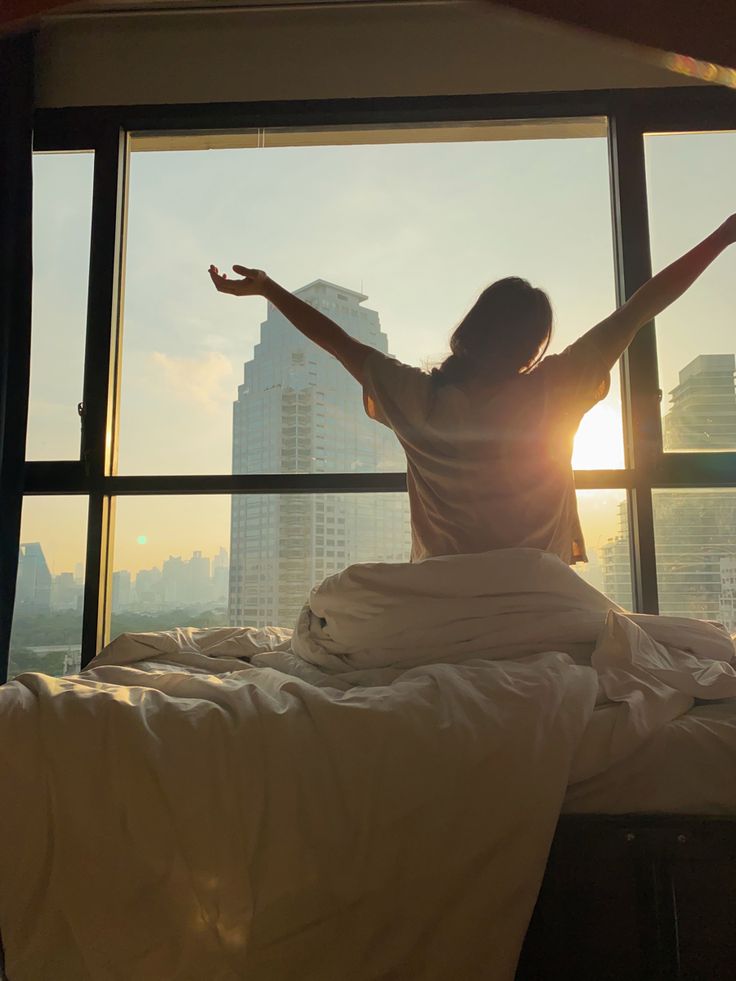
Establish a Routine – Wake Up and Sleep at Consistent Times
Your body loves rhythm. Establishing a consistent wake and sleep schedule trains your internal clock, or circadian rhythm, to operate efficiently.
Think of it as synchronizing your body’s orchestra so that every function—from hormone release to cognitive function—plays in harmony. Even on weekends, sticking to your routine helps prevent the dreaded "Monday jet lag."
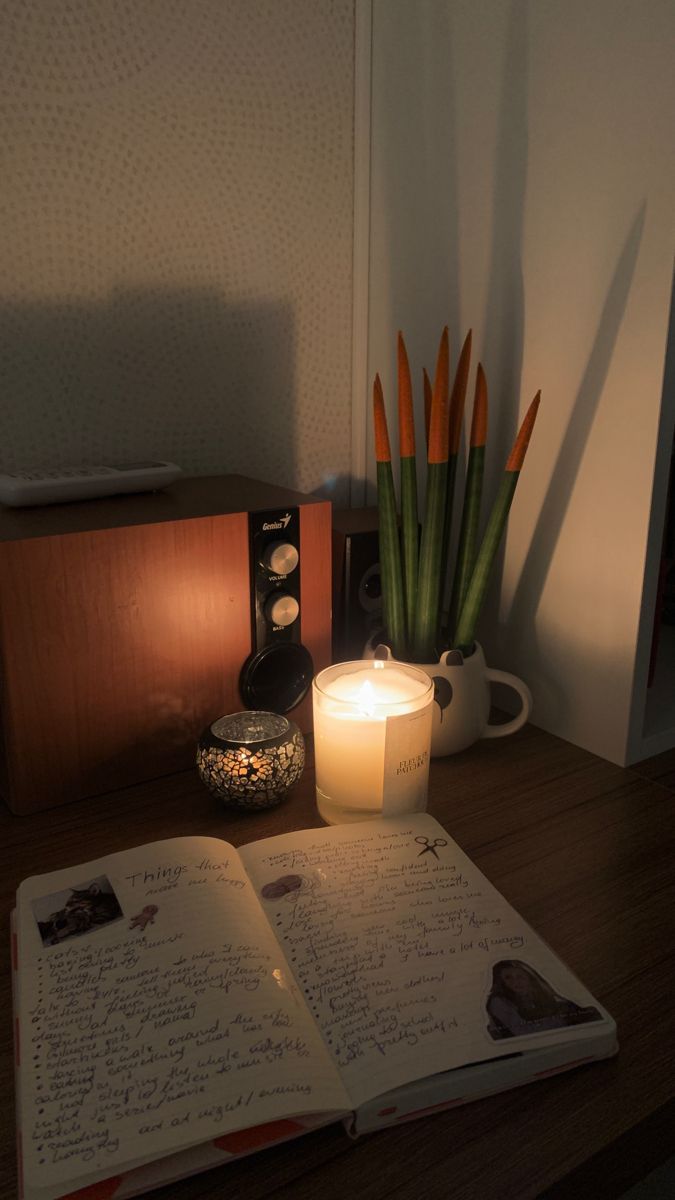
Avoid Blue Light at Night
Imagine standing under a bright midday sun at midnight. That’s essentially what you’re doing when you expose yourself to blue light from screens before bed. This artificial light disrupts melatonin production, tricking your brain into thinking it’s still daytime.
To reduce blue light exposure:
• Use glasses that block blue light.
• Download apps like f.lux to filter blue light on your devices.
• Consider working in candlelight after sunset for an ancient, calming ambiance
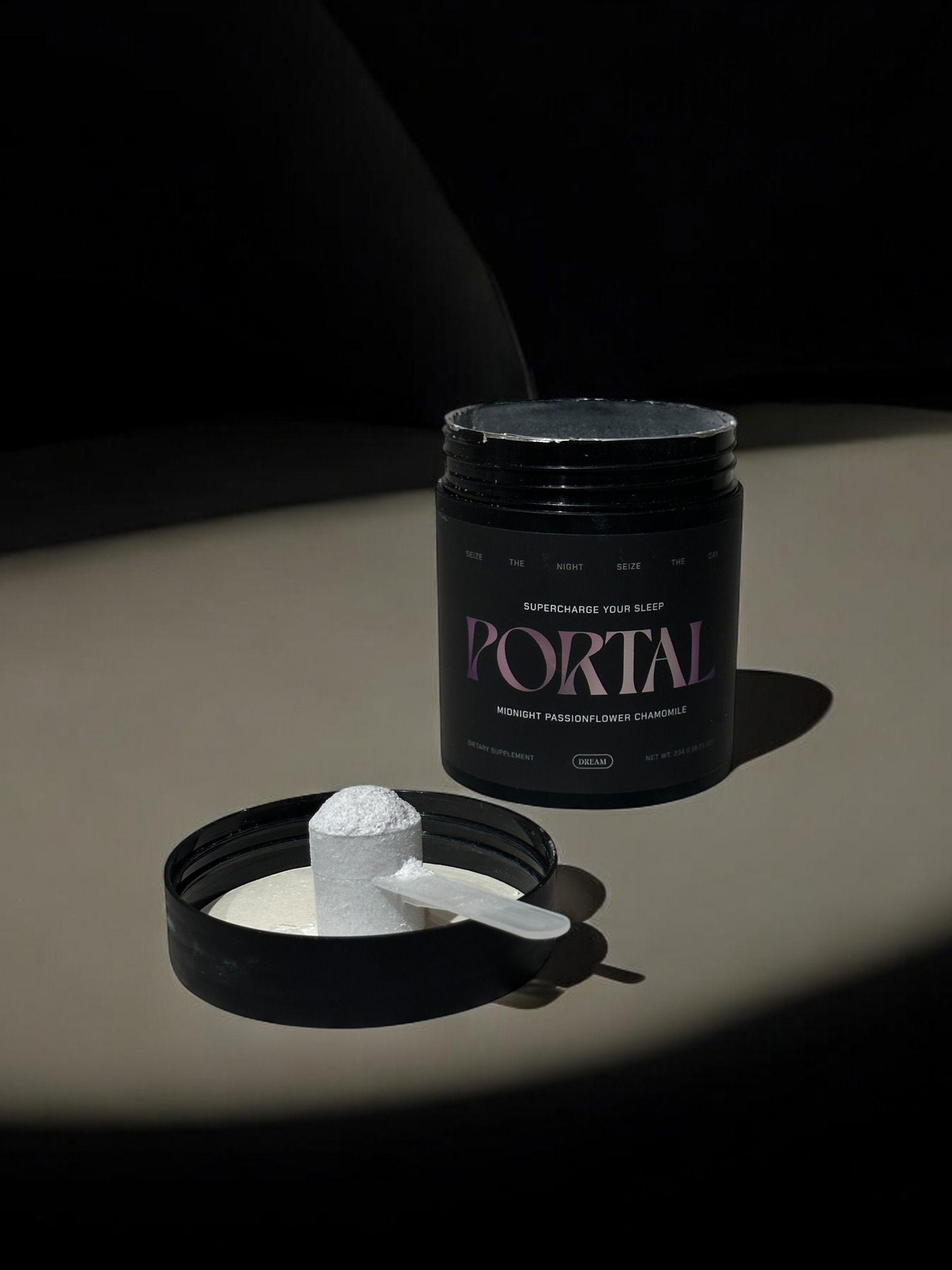
Take Portal™️ Sleep Aid With a Glass of Water Before Bed
Unlike sedative-based products that force unconsciousness rather than true sleep, Portal is designed to support your body’s natural ability to sleep deeply and restoratively. It uses only four ingredients scientifically shown to improve sleep quality without side effects like dependency or grogginess.
By simply mixing a scoop of Portal with water, you’re giving your body the tools it needs for faster sleep onset, longer sleep duration, and richer sleep cycles. The result? You wake up refreshed, clear-headed, and ready to conquer the day.
Optimize Your Sleep
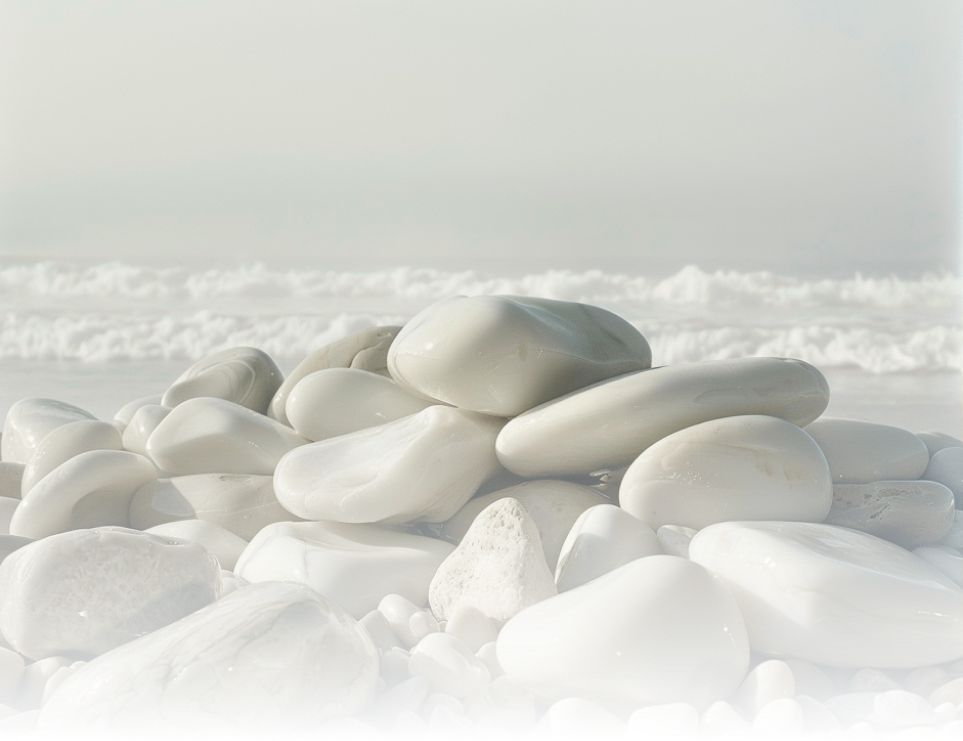

Magnesium
the sleep mineral
A vital mineral responsible for over 300 biochemical processes in the body. Magnesium aids in relaxation by regulating GABA, the neurotransmitter that helps your brain wind down. Over 50% of Americans are deficient in magnesium, leading to insomnia, fatigue, and brain fog.
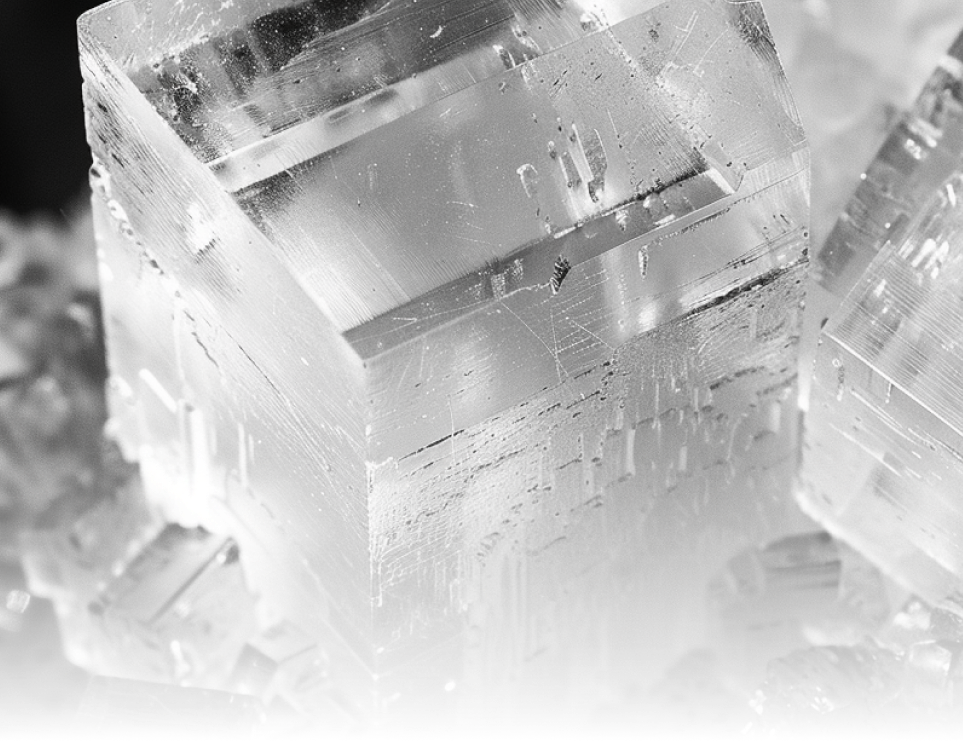

Glycine
The Sleep Amino Acid
This tiny amino acid works wonders by lowering body temperature, increasing serotonin, and promoting REM sleep. Higher glycine levels have been linked to faster sleep onset, improved sleep quality, and deeper, more restorative sleep.


Apigenin
Nature’s Tranquilizer
A powerful compound found in chamomile, apigenin helps reduce cortisol levels—the stress hormone that keeps you awake. By blocking cortisol production, apigenin promotes deeper sleep and better overnight recovery.
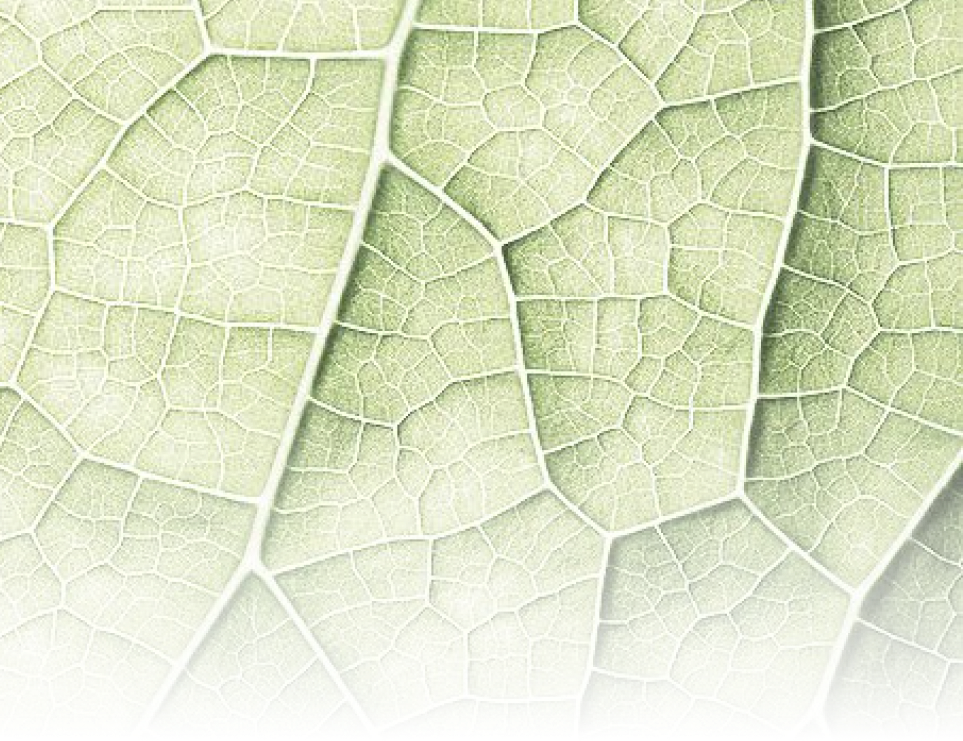

L-Theanine
The Calm-Inducer
Found naturally in tea leaves, L-theanine promotes alpha brain waves, associated with a state of calm relaxation. It helps you transition smoothly from wakefulness to sleep by boosting serotonin and enhancing GABA activity.
Optimize Your Sleep
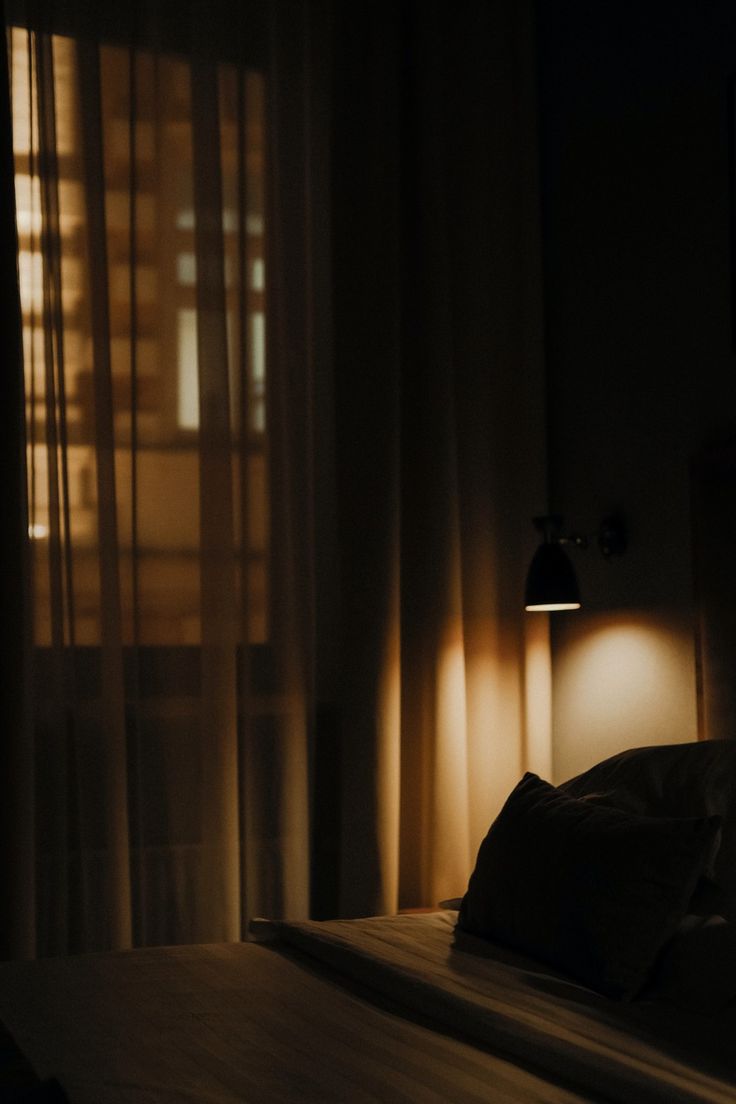
Optimize Your Bedroom – Dark + Quiet
Your bedroom should be a sanctuary, free from distractions. Darkness signals your brain that it’s time for rest, while silence prevents disruptions to your sleep cycles. If street noise or blinking electronics invade your space, take control:
• Use blackout curtains or an eye mask.
• Cover LED lights with tape.
• Wear earplugs if necessary.

Turn Down the Thermostat
Cooler temperatures help signal your body that it’s time for sleep. Aim for a room temperature between 65°F and 70°F. Taking a warm shower before bed can also aid sleep by drawing heat to the surface of your body, which cools your core temperature afterward.

Breathe Through Your Nose
Nasal breathing is more than just a yogic practice; it’s essential for optimal oxygen intake and restful sleep. If you struggle with mouth breathing:
• Use nasal strips to improve airflow.
• Try gentle mouth taping with surgical tape to encourage nose breathing.

Limit EMF Exposure
While the jury is still out on the exact effects of electromagnetic fields (EMFs) from devices, it’s a good idea to minimize exposure while sleeping. Keeping your phone out of the bedroom not only reduces EMF exposure but also removes the temptation to check it late at night.
Tips for Waking Up
become a morning person
Don’t Hit the Snooze Button
Snoozing confuses your internal clock and leaves you feeling groggy. Set one alarm and place your phone across the room to force yourself to get out of bed immediately.
Embrace Morning Movement
Light exercise in the morning boosts your mood and cognitive function for the rest of the day. A simple walk or stretching routine can do wonders.
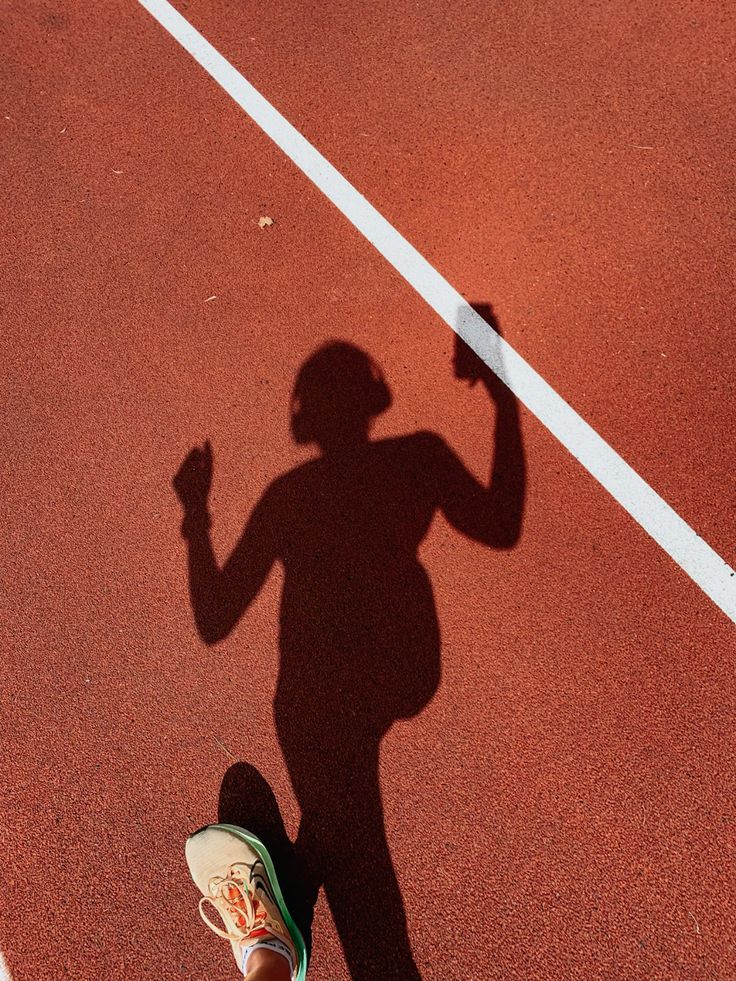

Get Outside First Thing in the Morning
Light exposure within 30 minutes of waking helps reset your circadian rhythm. Even a few minutes outdoors signals your brain that it’s time to be awake and alert.
Drink a Glass of Water First Thing in the Morning
Your body dehydrates overnight, which can cause morning fog. Rehydrate by drinking a glass of water with a pinch of sea salt to replenish essential minerals.
Tips in the Afternoon/ Evening
set your self up for success
Avoid Eating Heavy Meals At Least 3 Hours Before Bed
Consuming a large meal before bed can lead to poor sleep and hormone disruption. Eating at least three hours before your regular bedtime is ideal to ensure that your body has enough time to digest food before you settle down for sleep.
Avoid Alcohol
Alcohol is a depressant, which means it causes your body to go to sleep. But because alcohol can cause you to feel drowsy and sleepy, you may think this means it's helpful for helping you fall asleep. However, having a drink before bed actually disrupts the process of falling asleep and keeps you from getting into deep sleep cycles. In fact, if you drink within four hours of going to bed, it will prevent sleep altogether.
Avoid Caffeine / Other Sneaky Stimulants Later in the Day
Avoid consuming caffeine or other stimulants later in the day to promote better sleep. Even small amounts of caffeine in the afternoon can interfere with sleep quality.
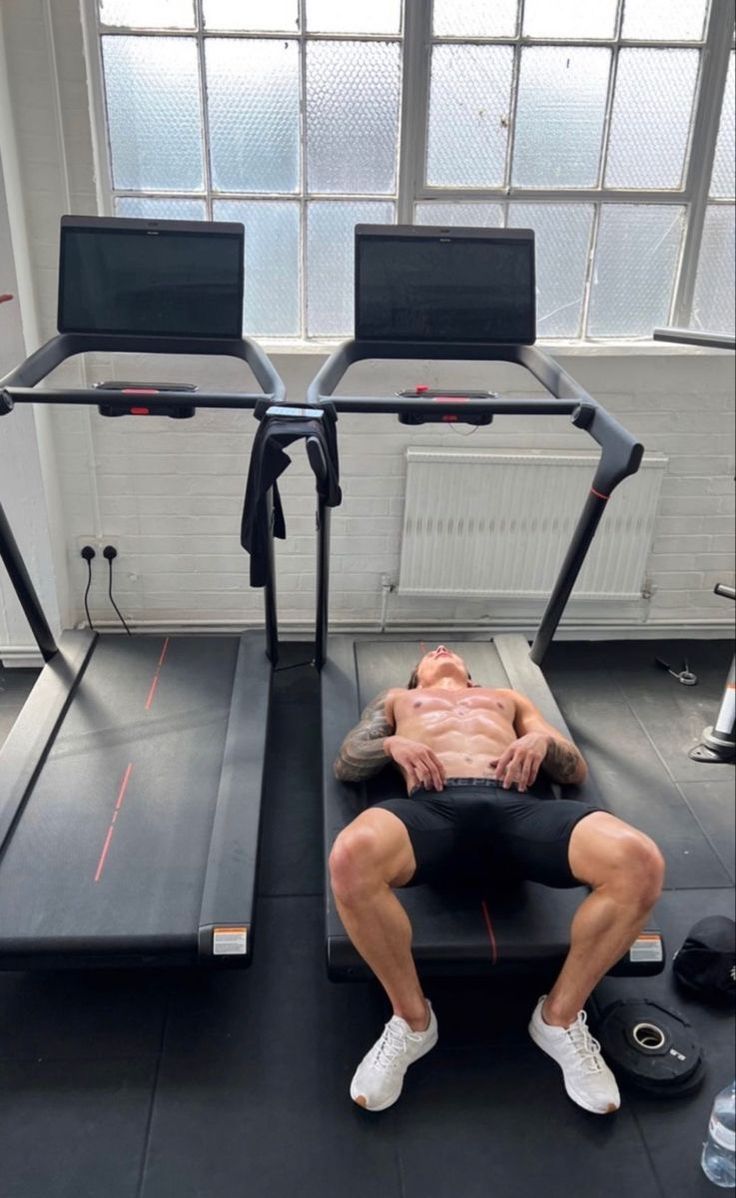

Exercise Earlier in the Day to Help You Sleep Better at Night
Exercise increases core body temperature and can be beneficial for falling asleep, especially if it is done earlier in the day. However, it may make it difficult for you to fall asleep if done too close to bedtime.


The Sleep Stages
what exactly happens when you sleep?
In making the transition from wakefulness into light sleep, you spend about five minutes in stage N1 sleep. Body temperature begins to drop, muscles relax, and eyes often move slowly from side to side. People in stage N1 sleep lose awareness of their surroundings, but they are easily jarred awake. However, not everyone experiences stage N1 sleep in the same way: if awakened, one person might recall being drowsy, while another might describe having been asleep.
This first stage of true sleep lasts 10 to 25 minutes. Your eyes are still, and your heart rate and breathing are slower than when awake. Your brain’s electrical activity is irregular.
Large, slow waves intermingle with brief bursts of activity called sleep spindles, when brain waves speed up for roughly half a second or longer. You spend about half the night in stage N2 sleep.
Eventually, large, slow brain waves called delta waves surface, and you enter deep sleep. Breathing becomes more regular. Blood pressure falls, and the pulse slows to about 20% to 30% below the waking rate. The brain is less responsive to external stimuli, making it difficult to wake the sleeper.
Deep sleep is a time for your body to renew and repair itself.
Blood flow is directed less toward your brain, which cools measurably. At the beginning of this stage, the pituitary gland releases a pulse of growth hormone that stimulates tissue growth and muscle repair.
Researchers have also detected increased blood levels of substances that activate your immune system, raising the possibility that deep sleep helps the body defend itself against infection.
Normally, young people spend about 20% of their sleep time in stretches of deep sleep lasting up to half an hour, but deep sleep is nearly absent in most people over age 65.
When you sleep after a period of sleep deprivation, you pass quickly through the lighter sleep stages into the deeper stages and spend a greater proportion of sleep time there. This suggests that deep sleep plays a large part in restoring alertness and fills an essential role in a person’s optimal functioning.
Dreaming occurs during REM (rapid eye movement) sleep, which has been described as an “active brain in a paralyzed body.”
Your brain races, thinking and dreaming, as your eyes dart back and forth rapidly behind closed lids.
Your body temperature rises.
Your blood pressure increases, and your heart rate and breathing speed up to daytime levels.
The sympathetic nervous system, which creates the fight-or-flight response, is twice as active as when you’re awake.
Despite all this activity, your body hardly moves, except for intermittent twitches; muscles not needed for breathing or eye movement are quiet.
The role of REM sleep:
Just as deep sleep restores your body, scientists believe that REM or dreaming sleep restores your mind, perhaps in part by helping clear out irrelevant information.
Earlier studies found that REM sleep facilitates learning and memory. People tested to measure how well they had learned a new task improved their scores after a night’s sleep. If they were subjected to periodic awakenings that prevented them from having REM sleep, the improvements were lost.
By contrast, if they were awakened an equal number of times from deep sleep, the improvements in the scores were unaffected. These findings may help explain why students who stay up all night cramming for an examination generally retain less information than classmates who get some sleep.
Good sleep isn’t just about how long you have your eyes shut for—the quality and the time spent in each of these phases matters just as much, if not more.
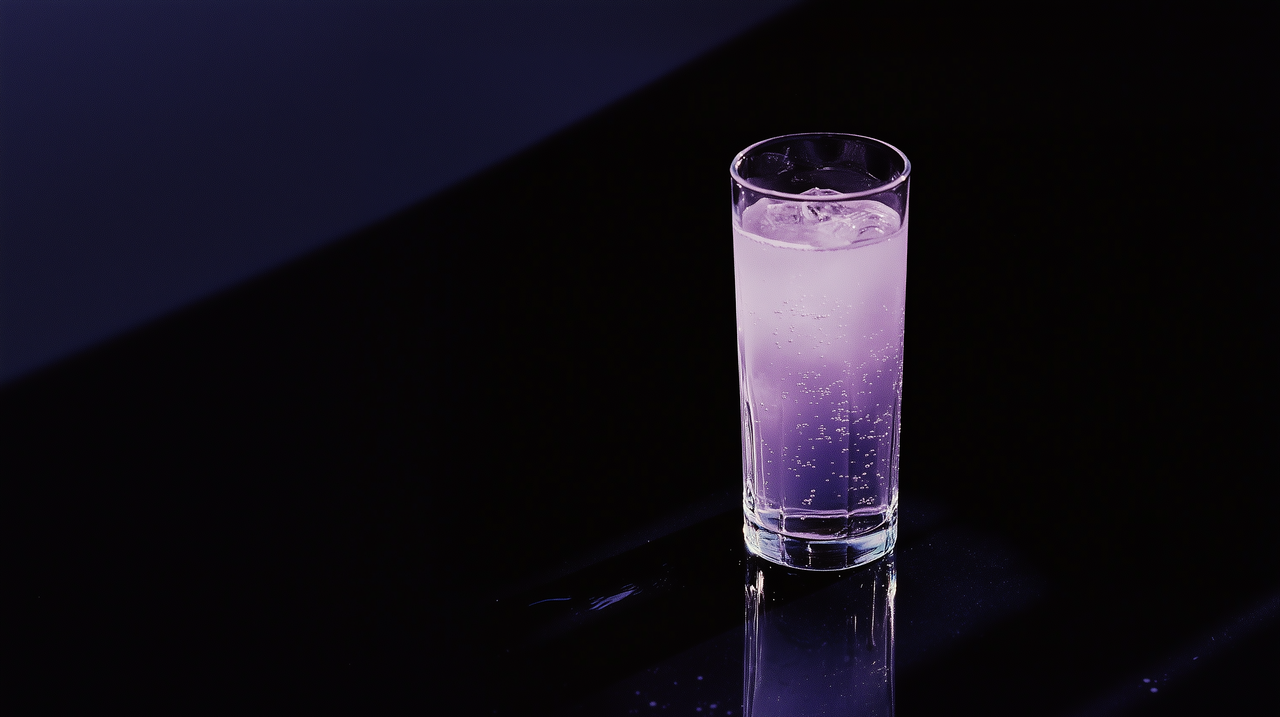
We keep selling out for a reason.
In the last year, Portal has sold out three times.
Get notified when we're back in stock →

Turn sleepless into sleep less
Here's what our users report after just one month of taking Portal everyday:
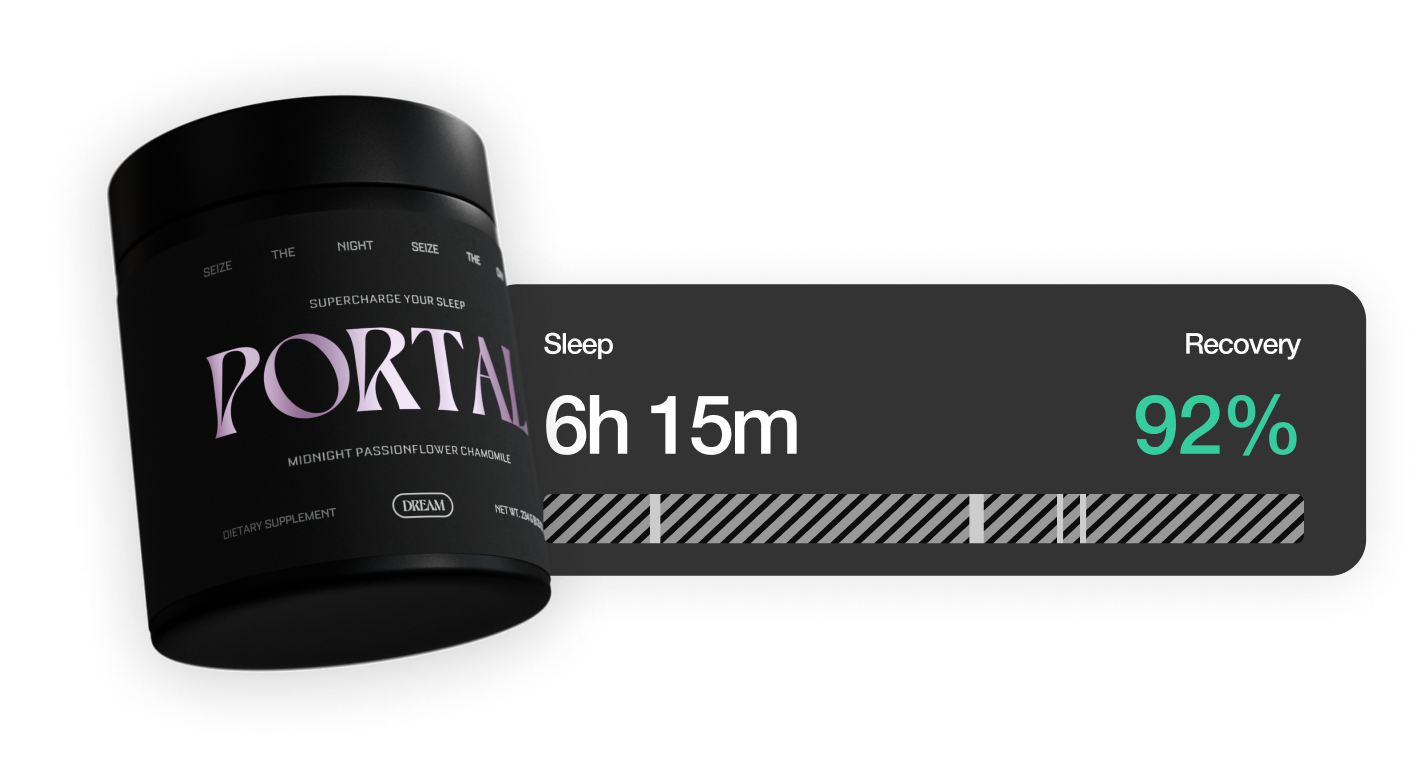

Turn sleepless into sleep less
"With Portal, 6 hours of sleep feels like 8. I get back 14 hours every week. That's a whole day."
strength
83%

Reported less soreness after
intense workouts
focus
78%

Reported improved focus
and cognitive function
vitality
85%

Reported having more sustained energy throughout the day
recovery
95%

Recorded more restorative sleep
on their health tracker



